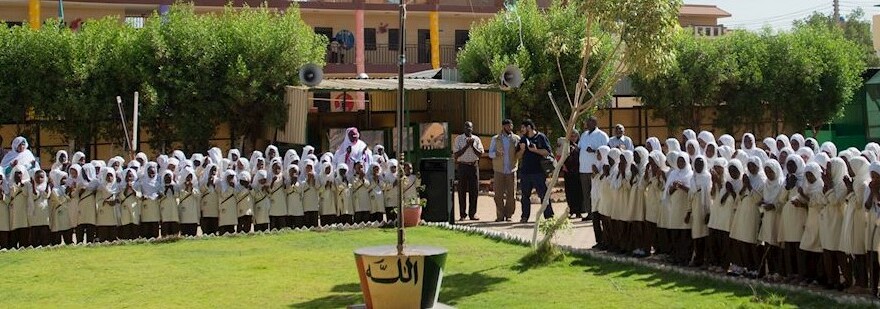The Khartoum State Council of Ministers has decided to resume the 2023-2024 academic year in phases, following consultations with the State Security Committee.
The decision has been met with strong opposition from parents and some social media users, who argue that the situation remains precarious.
Ghaida Ibrahim told Radio Tamazuj that she would not send her children to school because it was still unsafe, with sporadic clashes and random shelling. She pointed out that the Rapid Support Forces (RSF) were targeting residential areas and public institutions, including schools.
“If the war drags on and I am forced to send my children back to school, it will be in one of the safer states,” she added.
Hajir Abdullah agreed, describing the decision as unfortunate and inappropriate. She explained that she would not send her four children to school while the war continued, noting that their area was a conflict zone.
“I will not send my children to school under any circumstances, nor will I go with them because I cannot guarantee their safety. We are still under random gunfire and in the midst of military operations,” she said.
The ministry has decided that the first phase will begin after the Eid al-Adha holiday, focusing solely on third-year secondary students for the 2022-2023 academic year, aiming to address the preparations for the 2023 secondary school certificate exams.
The spokesperson for the Khartoum State Ministry of Education, Yassin Al-Turabi, told Radio Tamazuj: “The decision is correct and timely, following numerous efforts and sacrifices.”
He added, “People have gone to great lengths for their children’s future, and serious measures were necessary regardless of the cost. This decision will be well-received.”
Al-Turabi emphasized their commitment to ensuring its success, stating, “We are focused on the students’ future to ensure they do not lose their academic year.”
However, the spokesperson for the Sudanese Teachers’ Committee, Sami Al-Baqir, criticized the decision, calling it a “flawed” and politically motivated move aimed at legitimizing the consequences of the war and portraying the de facto government as capable of restoring civil life.
Al-Baqir noted that the real issue lies in the ongoing war, not the continuity of education. He also highlighted that teachers had only received salaries for three months out of the 13 since the war began.
Political analyst Musab Mohammed Ali told Radio Tamazuj that the security situation in Omdurman did not support the resumption of studies, as the area had been subjected to artillery shelling since the beginning of the war.
He pointed out that the decision only covers Omdurman, meaning students in other localities will not have the opportunity to continue their education, and some areas lacked communication networks. Ali described the decision as hasty.




